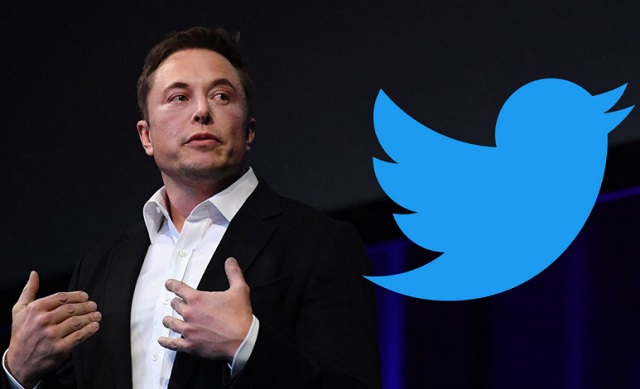
The Political-Economic implication of surrendering unregulated authority to the whims of an eccentric billionaires
COMMENT | NNANDA KIZITI SSERUWGI | Twitter owner Elon Musk on July 01 announced the “Rate limit exceeded” policy on the online social networking service. This means that you have reached the limit for the number of tweets you are allowed to view per day.
In essence, it implies that you have been locked out of Twitter for the remainder of the day. I was personally unable even to read my own tweets once I passed my limits.
Musk announced that verified accounts, which cost $8 a month, are temporarily limited to reading 6,000 posts a day. Unverified or free accounts will be limited to 600 posts and new unverified accounts to 300 per day. Hours after his original declaration, in his signature taunting manner, he revealed that those limits would soon increase to 8,000 for verified, 800 for unverified and 400 for new unverified. Two hours after this update, Musk clarified that the rates would increase to 10,000 verified, 1,000 unverified and 500 new unverified.
The immediate frustration by most Twitter users was to complain about the move for slowing down Twitter and denying them freedom of expression. In his defense, Elon Musk stated that hundreds of organisations were scraping Twitter data “extremely aggressively”. He had often complained about artificial intelligence firms like OpenAI, proprietors of ChatGPT, for using Twitter’s data to train their large language models.
On this, I think Elon has no moral right to complain about exactly the same thing that Twitter did and does to make money. All these giant tech companies which call their customers “users” in fact “use/abuse?” customer data to run their businesses. Therefore, his complaint was of a thief accusing fellow thieves of stealing his loot.
So, what is the political-economic implication of this teetering corporate tyranny of capitalists like Musk? What does it mean to have Musk arbitrarily make changes to Twitter and disrupt millions of users’ activity, without any restraint?
The implication is far more serious than what normal conversations about people’s frustration with Twitter today are about. This isn’t about Musk running his business as he wants. Rather, it is about individual capitalists acquiring massive power over ordinary people, and using that power heedlessly to do as they wish. American corporations like Apple, Amazon, Alphabet, etc., are so rich and powerful that their wealth doubles so many sovereign Countries’ GDP several times over. This in effect make their CEOs and Board of Directors to have more reach and grasp than even powerful Presidents. However, we must remember that the goods and services many of these corporations control are private not public, yet they are so intertwined in human life that they would pass for public goods and services. The internet and key social media Apps count among such goods. Is it tenable to surrender that much authority to the whims of an eccentric like Musk? Or any individual billionaire? I think No.
Imagine the level of bureaucracy that all world governments put in place to control how much power that democratically elected leaders wield… all of it is absent in the running of these trillion-dollar corporations! That should scare us, and we should have a conversation on how to mitigate it. Elon Musk is one of the few tech gurus who are dystopic about Artificial Intelligence. With the way he runs Twitter, I begin to think that he fears in AI exactly what he despises in himself… a wanton tyranny of an uncontrollable mind in charge of the affairs of man.
Unfortunately, most of us African elites are obsessed about totally the least important concerns. We should all be woke about the overreach of multinational capital and individuals like Musk who pose the gravest danger to the future of our countries.
President Museveni or whoever succeeds him will always be attacked for corruption and dictatorship yet they will all always be mere mascots of foreign capital which calls the actual shots in running our affairs. It’s easier for us to be mad at Mabaati thieves because they are politicians, yet the case of Ham v DTB is a serious whistleblower reminding us that foreign banks and international lenders are laundering money and evading taxes bigger than the taxes we collect from all formally regulated banks through their illegal trading of financial institutions business in Uganda. These things don’t seem to concern us, yet they are the explanations for our struggling economy and weak statehood.
We have been made to think that odious corruption and thievery by corporations is “free market capitalism”- i.e., legal business. Instead, they encourage us hate our governments and leaders. They’ve made us hate and blame ourselves first before we blame or even think about them. This is the key business in which our “Civil Society Organisations”, which actually are foreign policy agenda implementers, are involved in. We should wake up yesterday.
*****

Nnanda Kizito Sseruwagi is a lawyer and Bar Course student at Law Development Center at Makerere University Kampala.
 The Independent Uganda: You get the Truth we Pay the Price
The Independent Uganda: You get the Truth we Pay the Price

